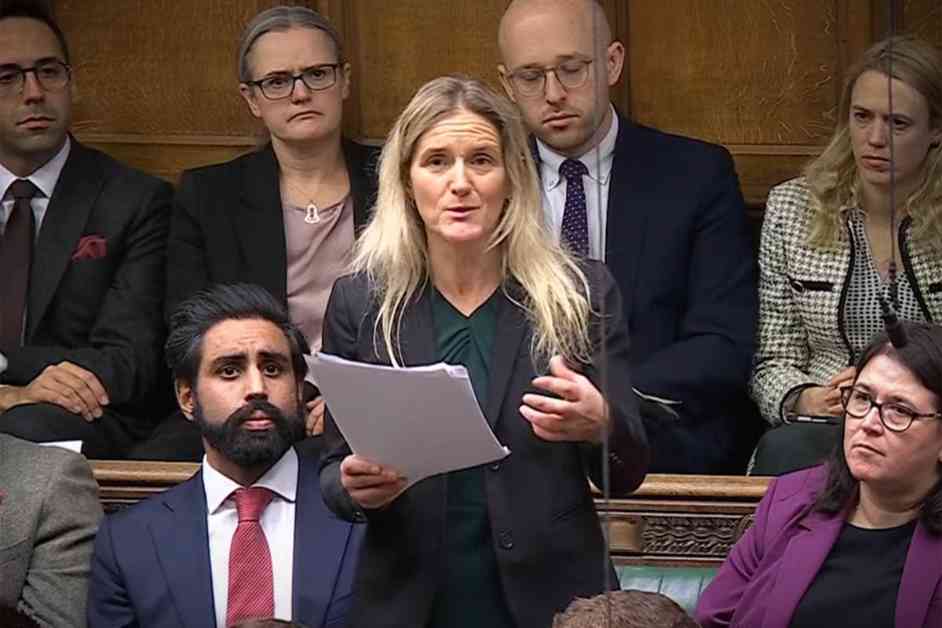MPs recently voted to pass the Terminally Ill Adults (End Of Life) Bill, which allows for assisted dying legislation to move forward for further scrutiny and potential amendments. The bill was approved by a majority of 55 votes following five hours of debate, during which 175 MPs expressed their desire to speak on the matter.
The bill was subject to a “free vote,” meaning that MPs were able to vote based on their personal beliefs and the opinions of their constituents, rather than being pressured by party lines. This resulted in a diverse range of votes from MPs across different political parties.
Prime Minister Keir Starmer and former Prime Minister Rishi Sunak were among those who voted in favor of the bill, while Lib Dem leader Ed Davey, Conservative Party leader Kemi Badenoch, and Diane Abbott voted against it. The bill, introduced by Labour MP Kim Leadbeater, marks the first opportunity for MPs to vote on assisted dying since 2015.
Interestingly, some MPs who previously voted against assisted dying in 2015 changed their stance and supported the current bill. This shift in opinion highlights the evolving nature of the conversation around assisted dying in the UK. The bill sets specific criteria for eligibility, including being over 18 years old, having mental capacity, having no more than six months to live, and obtaining consent from two medical professionals.
The bill has sparked significant debate and divided opinions among MPs, with strong advocates both for and against the legislation. While the majority of Liberal Democrats voted in favor of the bill, leader Ed Davey expressed his opposition based on personal experiences with his mother’s end-of-life care.
Even within smaller parties like Reform, MPs voted based on individual beliefs rather than party lines. This diversity of opinions reflects the complexity of the issue and the need for thoughtful consideration when discussing matters of life and death.
Overall, the passage of the Assisted Dying Bill represents a significant step forward in the ongoing conversation around end-of-life care and individual autonomy. The diverse range of opinions expressed by MPs underscores the importance of respectful debate and consideration when addressing such sensitive and complex issues in society.












